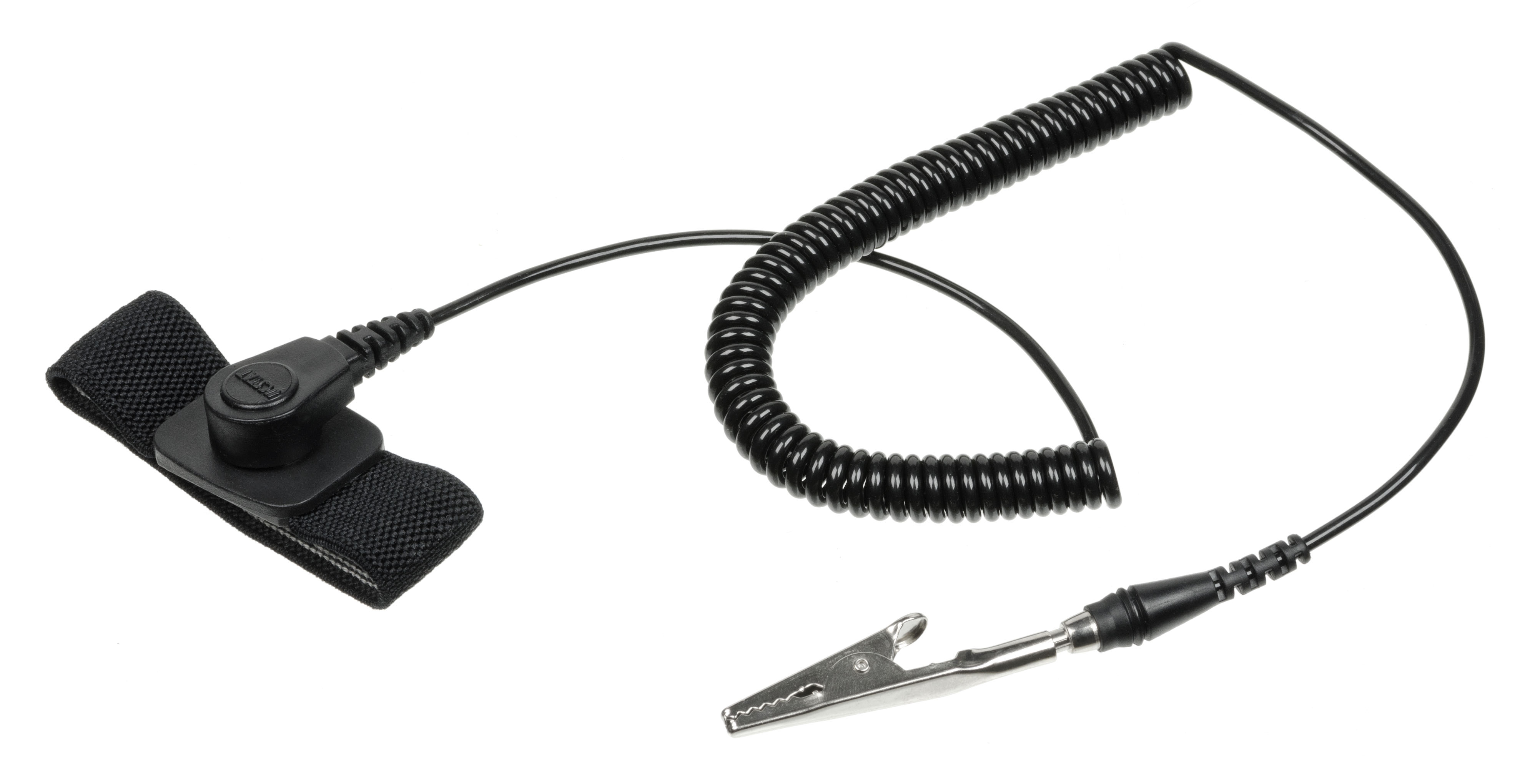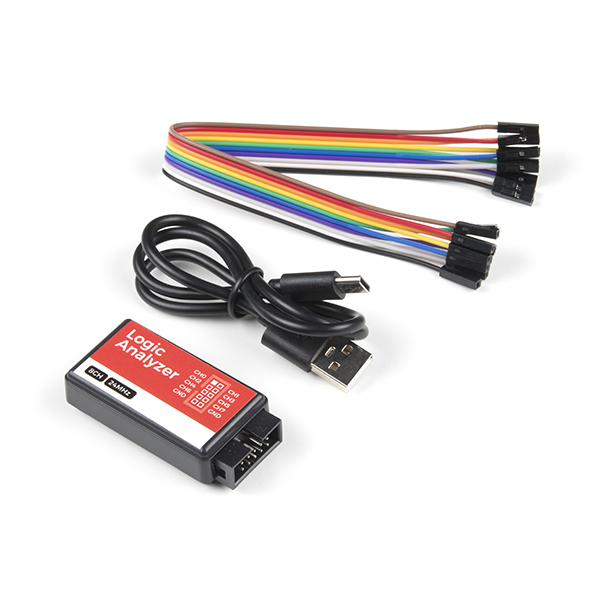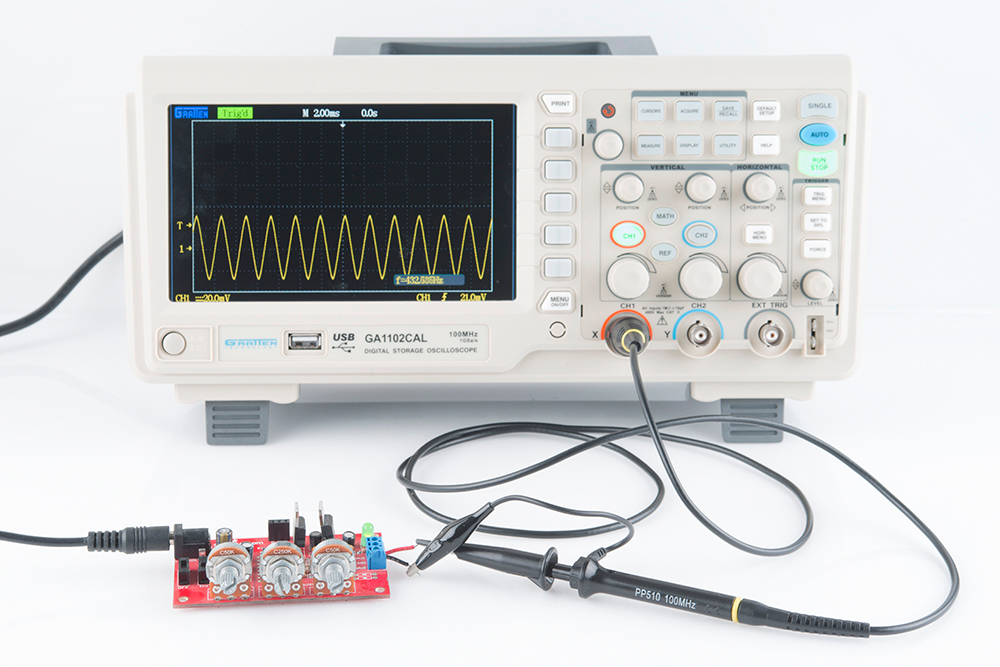
Tools Needed for DIY Electronics Troubleshooting
DIY electronics troubleshooting is an essential skill that can save you both time and money. Whether you are looking to fix a malfunctioning device or hoping to upgrade your electronics, having this ability can be incredibly beneficial. By diagnosing and repairing the problem yourself, you can avoid costly repairs and minimize the amount of time your device is out of commission. Not only that but tackling electronic issues on your own can also give you a sense of accomplishment and a greater understanding of how your devices work. With the right tools and knowledge, troubleshooting your electronics can be a straightforward process that can save you money and make you feel empowered.
Understanding the Basics of Electrical Components: Resistors, Capacitors, and Inductors
Electrical components such as resistors, capacitors, and inductors form the backbone of electronics repair and design. A fundamental grasp of these components not only enhances your troubleshooting skills but also equips you with the ability to manage and execute complex repairs with precision. Resistors control the flow of current, capacitors store and release electrical energy, and inductors manage changes in current, each playing a pivotal role in the functionality of electronic circuits.
Resistors: The Current Regulators
- Function and Importance: Resistors are used to control the flow of electrical current in a circuit. They are essential for protecting sensitive components from excessive current by creating voltage drops.
- Common Types and Uses: The fixed and variable resistors are the most common. Fixed resistors have a constant resistance, while variable resistors (like potentiometers) can be adjusted to change their resistance.
- Choosing the Right Resistor: Selecting a resistor involves considering the resistance value, tolerance, and power rating based on the circuit's requirements. For instance, a resistor with a lower tolerance is more precise, crucial for sensitive applications.
Capacitors: The Energy Storers
- Basic Functionality: Capacitors store electrical energy temporarily and release it when needed. They are crucial in stabilizing voltage and power flow in circuits.
- Varieties and Selection: Electrolytic capacitors are suited for high-capacitance needs, while ceramic capacitors are ideal for high-frequency applications due to their lower capacitance and better frequency response.
- Installation Tips: When installing capacitors, ensure the polarity is correct (for polarized types), and consider the voltage rating to prevent breakdowns.
Inductors: The Flux Managers
- Core Functions: Inductors resist changes in current, making them invaluable in filters and oscillators to maintain steady currents.
- Types and Applications: Air-core, iron-core, and ferrite-core are common inductors, each with specific advantages in different frequency ranges.
- Effective Usage: For optimal performance, match the inductor's type with its application in terms of core material and size, which influences the magnetic efficiency and frequency characteristics.
Electrical components like resistors, capacitors, and inductors are foundational to electronic repairs, providing the control and stability needed for efficient operation. Understanding their roles, characteristics, and applications is crucial for any technician looking to excel in the field of electronics repair.
Essential tools for every DIY electronics troubleshooter:
If you're passionate about DIY electronics, then you understand how critical it is to have the right tools on hand for any troubleshooting task. These tools not only facilitate the diagnosis but also guarantee precision and safety. Some of the essential tools for electronics troubleshooters include a multimeter, wire strippers, soldering iron, power supply, and oscilloscope. With these tools and your knowledge of electronics, you can comfortably diagnose and repair various electronic issues that may arise. Don't let a malfunctioning device cause you despair when you have the power to fix it with the right tools and expertise.
Digital multimeter
In today's technological world, a digital multimeter is an essential tool for any electronic enthusiast or professional. With the ability to measure voltage, current, and resistance, the digital multimeter provides accurate readings for troubleshooting and diagnosing issues in various electronic devices. Its compact size and easy-to-read display make it a convenient tool to carry around, whether for home use or in the field. It's a reliable device that offers versatility and efficiency to its users, making it a valuable addition to any toolkit. Whether you're a seasoned pro or a beginner, a digital multimeter is a must-have tool for working on any electrical project.
Soldering iron
A soldering iron is an essential tool for any DIY enthusiast or electronics hobbyist. With its ability to create a strong and reliable connection between metal components, a soldering iron allows for precise and intricate work in a variety of applications. Whether you're building a robot, fixing a broken circuit board, or simply crafting a jewelry piece, a high-quality soldering iron can make all the difference. With a little practice and guidance, anyone can learn to use a soldering iron effectively and create the perfect connection between their metal components. So why not add a soldering iron to your toolkit today and take your DIY projects to the next level?
Wire stripper/cutter
A wire stripper/cutter is an essential tool for any electrician or DIY enthusiast who deals with electrical work. With their sharp blades and precision design, wire stripper/cutters make it easy to strip away the insulation from wires and cut them to the desired length. These tools are perfect for a wide variety of applications, from simple household wiring repairs to more complex industrial projects. They come in a range of shapes and sizes to suit different needs and preferences, and are made from high-quality materials to ensure their durability and longevity. If you're looking to make electrical work easier and more efficient, investing in a wire stripper/cutter is definitely a smart choice.
Needle nose pliers
When it comes to tackling tricky DIY projects, you don't want to be caught without a trusty set of needle nose pliers. These specialized pliers feature long, slender jaws that taper to a point, making them ideal for tasks that require precision and finesse. Whether you're working with tiny wires, bending delicate metal pieces, or accessing hard-to-reach areas, needle nose pliers are an essential tool in any handy person's toolkit. So, the next time you're taking on a complicated project, make sure you have a pair of these versatile pliers within reach to help you get the job done right.
Screwdriver set (including both Phillips and flathead)
There are some tools in a DIYer's toolbox that are simply essential, and a reliable screwdriver set is one of the most important. Whether you're installing a new light fixture, assembling furniture, or tightening loose hinges, having both Phillips and flathead screwdrivers at your disposal is key. With a sturdy handle and precise tip, a good screwdriver can make all the difference in getting the job done right. So, if you're in the market for a versatile, high-quality screwdriver set, look for one that includes both types of heads, and enjoy the confidence of knowing you have the right tool for the task at hand.
Alligator clips/leads

Alligator clips, also commonly referred to as alligator leads, are essential components in the world of electronics. These versatile clips are commonly used to connect various devices to testing instruments or other circuits during experiments or troubleshooting. With their unique design, the clips easily attach to exposed wires and provide a secure connection without the need for soldering. They come in different sizes, shapes, and colors to suit different applications. Additionally, some alligator clips have a rubber coating to prevent electrical shock or damage to delicate components. Overall, alligator clips are an invaluable tool for anyone working in electronics, making it easier to connect and test circuits with precision.
Anti-static wrist strap

When working with electronic devices, one small shock can cause a lot of damage. That's where the anti-static wrist strap comes in. This helpful accessory is designed to protect both you and your equipment from electrostatic discharge (ESD). By connecting yourself to the ground, you can safely handle sensitive electronics without worrying about accidental shocks. Whether you're repairing a computer or assembling a new gadget, an anti-static wrist strap is an essential tool in the tech world. So don't take any chances - invest in an anti-static wrist strap and enjoy peace of mind as you work with your electronic devices.
Logic analyzer

Have you ever needed to troubleshoot a digital circuit and wished you could see its signals in real-time? That's where a logic analyzer comes in handy. A logic analyzer is a tool that captures digital signals from a circuit and displays them in a graphical format for analysis. It's like an oscilloscope, but for digital signals. With the ability to capture millions of bits in a few seconds, a logic analyzer can help you find elusive bugs in your circuit. Whether you're designing an embedded system or debugging a digital board, a logic analyzer is a must-have tool in your arsenal.
Oscilloscope

The oscilloscope is a fascinating piece of equipment that is used to measure electrical signals. It's a tool that allows you to see the invisible, giving you a visual representation of the voltage over time. Imagine the benefits of being able to see electricity flowing through a circuit board or tracking the fluctuations of a sound wave. With an oscilloscope, you're able to do just that. Not only can you easily measure the frequency and amplitude of a signal, but you can also observe waveforms and troubleshoot any issues with your circuit components. Whether you're an electronics hobbyist or a professional engineer, an oscilloscope is an essential tool to help you better understand and optimize the electrical systems you're working with.
Related Article: DIY Electronic Repair Guide for Beginners
How to Choose the Best Tools for Your Electronics Repair Kit
Selecting the right tools for your electronics repair kit is a foundational step in setting yourself up for success in any electronics repair endeavor. The right tools not only make the task easier but also ensure safety and efficiency, which are paramount in electrical work. This selection process involves understanding the basic requirements of your repair projects as well as recognizing the benefits of having specialized tools that can handle a variety of electronic components and circuit configurations.
Essential Tools Overview
- Soldering Iron: A good soldering iron should have adjustable temperature control and a comfortable grip to ensure precise soldering on various components from tiny resistors to larger connectors.
- Multimeter: A digital multimeter with features like auto-ranging, capacitance measurement, and a hold function can drastically improve the troubleshooting process.
- Wire Strippers and Cutters: High-quality strippers and cutters can prevent damage to wires and ensure clean cuts and strips, essential for maintaining integrity in connections.
Specialty Tools
- Oscilloscope: This tool is crucial for those needing detailed visual analysis of the way circuits behave under various conditions, providing a deeper understanding of electronic signal processes.
- Logic Analyzer: A logic analyzer can be invaluable for debugging complex digital circuits, offering insights into the timing and transfer of data across different channels.
- Thermal Camera: Essential for identifying components that are overheating, a thermal camera helps in diagnosing failing components before they cause further damage to the circuit.
Tool Quality and Care
- Choosing Quality Tools: It is vital to choose tools that are from well-known brands with positive reviews in the electronics community. Quality tools reduce the risk of damage to components and provide more accurate readings and results.
- Maintenance Tips: Tools should be regularly cleaned, calibrated, and stored in a dry, organized manner. For soldering irons, tinning the tip and using proper solder can extend its life significantly.
Enhancing your toolkit with these thoughtful selections and maintenance practices ensures that you're prepared for a broad spectrum of electronics repair tasks. Quality tools bring not only longevity but also accuracy and safety to your workbench, making them a worthwhile investment for any serious electronics professional.
DIY Electronics Troubleshooting with the Right Tools and Knowledge
When it comes to DIY electronics troubleshooting, having the right tools and knowledge can make all the difference. Fortunately, with the abundance of resources available online and the wide selection of affordable electronic components, fixing electronic devices has never been easier. Armed with the proper tools and some basic knowledge of electronics, it's possible to diagnose and fix many common issues without the need for expensive repair services or replacement parts. Whether you're a seasoned tinkerer or just starting out in the world of DIY electronics, the right tools and knowledge can help you save money and extend the lifespan of your devices. So why not give it a try and see for yourself just how easy electronics troubleshooting can be?



